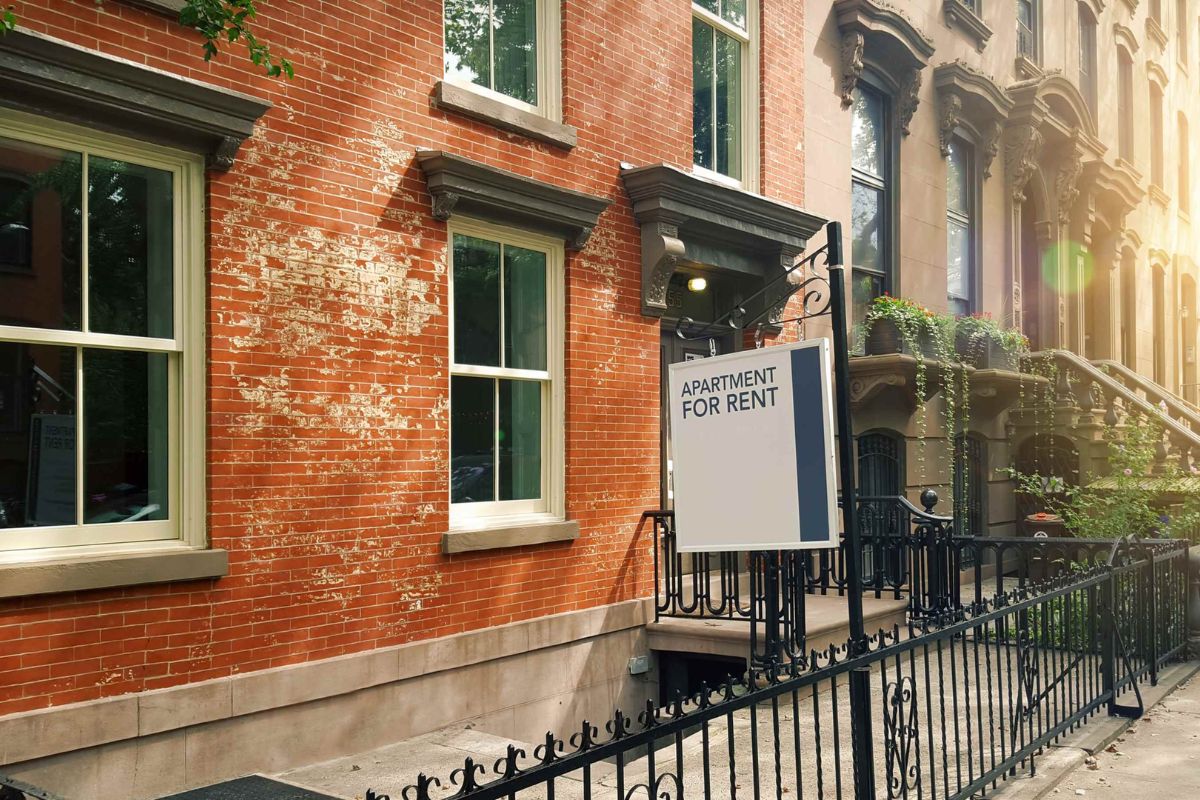The Cambridge City Council discussed and approved several proposals at their recent meeting aimed at boosting the production of affordable housing in the city. Rising rents and home prices have made it increasingly difficult for many residents to find suitable housing they can afford.
The approved proposals focused on real estate transfer taxes, streamlining the permitting process for homebuilding, and establishing a housing voucher program.
Real Estate Transfer Tax Receives Initial Support
The Council reviewed a proposal requesting the Massachusetts state legislature allow municipalities to implement a real estate transfer tax. Such a tax would be assessed when property changes owners and the revenue would go towards expanding affordable housing.
While transfer taxes are controversial and some councillors expressed concern about punishing homeowners, supporters argue they could generate substantial funds needed to address the housing crisis.
If authorized by the state, Cambridge would have local control over tax rates and could decide to only tax commercial property sales or those over $1 million. Neighboring Somerville's proposed transfer tax exempts owner-occupied homes and buyers who will live in purchased properties.
This focuses the tax on investors, developers, and absentee landlords. During previous discussions, city staff found the vast majority of revenue from a transfer tax would come from large commercial transactions rather than residential sales. The Council voted in favor of advancing the transfer tax proposal for further consideration and public input.
Related: How Does Rental Property Affect Taxes?
Streamlining Permitting Process Aimed at Lowering Construction Costs
The Council also backed an order to review Cambridge's building permitting process with the goal of making it more efficient. Long approval times and complex regulations can drive up costs for contractors and ultimately homebuyers. The amended order calls for consulting various stakeholders in the construction industry including contractors, architects, developers, as well as trade unions and tenant advocates.
Their input will help identify obstacles slowing new development and ways to speed up permitting without compromising safety, sustainability or community standards. If implementation is simplified, it could lead to lower soft costs for projects and more affordable units.
The review may point to process improvements, reduced or consolidated fees, and interdepartmental coordination that helps projects spend less time navigating City Hall.
Cambridge to Explore Housing Voucher Program
Recognizing many residents struggle with high rents, the Council supported further exploring a locally-funded housing voucher system. The median household income in the city is $75,000 yet a one-bedroom rental averages over $100,000 annually according to the Envision Cambridge comprehensive plan. Vouchers could bridge this gap by lowering what recipients pay each month.
The City Manager, Community Development Department, and Cambridge Housing Authority will now consider voucher program options, costs, and revenue sources. Existing funds or new dedicated sources like a transfer tax could potentially support vouchers.
The Housing Committee will also weigh in on voucher designs before any implementation. If created, this new subsidy could make living in Cambridge feasible for more working families, seniors, and residents with disabilities.
The approved proposals send an encouraging signal that Cambridge is searching for pragmatic solutions together with partners across sectors. Affordable housing has broad support yet requires innovative policies, cooperation, and resources to make meaningful progress. These first steps may ultimately help hundreds more call the city home.





